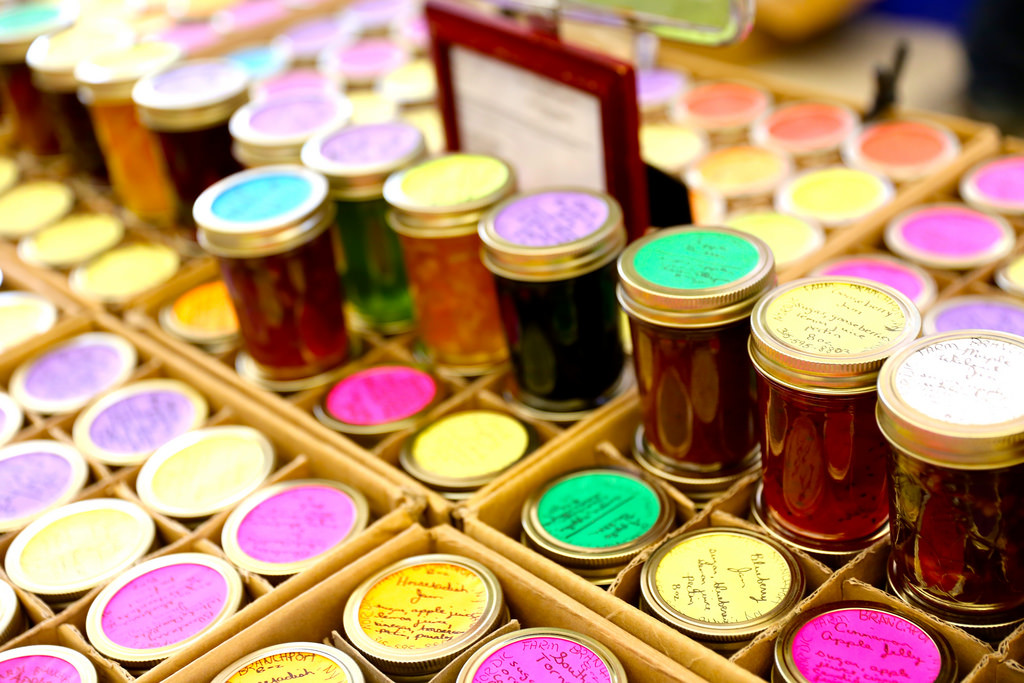Going to the grocery store can be time-consuming and a tedious task to complete. It’s a chore most shoppers do not look forward to. However, when shopping for fresh produce, a lot of questions can arise. Organic or non-organic? Grocery store or farmers market? Shopping organically or shopping local?
In order to make a selection, a shopper must know the difference between farmers market produce and a store’s organic produce. According to the Farm Act, food labeled as local must be produced in the locality or region in which the final product is marketed, so that the total distance that the product is transported is less than 400 miles from the origin of the product.
This means companies that want their produce to be labeled organic must follow the government’s standards, according to Time Magazine. Time also reported that companies must provide non-GMO livestock with year-round outdoor access. They are forbidden from using antibiotics and growth hormones.

Photo by Carolyn Bresnahan
The benefit of buying from the farmers market is that the consumer know harsh chemicals aren’t being used on their food. Local farmers use fewer pesticides than organic companies, therefore, organic and local markets are healthier choices.
However, produce picked right away spoils faster and contains fewer nutrients. By shopping at your local farmer’s market, you know your produce has an abundance of nutrients versus the organic produce at your local grocery store. Buying local also ensures you’re helping your local economy, because you are investing money into your economy.
You are also supporting a farmer’s family, and buying local helps the environment. Most farmers use agricultural methods that are environmentally friendly, whereas large corporations use mainstream agriculture methods that harm our environment.

Photo by Abby Wang
What will you choose? The choice is yours. Check to see if your local town has a farmers market. If you can’t make it to your local farmers market, then shop organic. Organic is a healthier option to non-organic, which contains harsh chemicals and pesticides that also contain GMOs.


